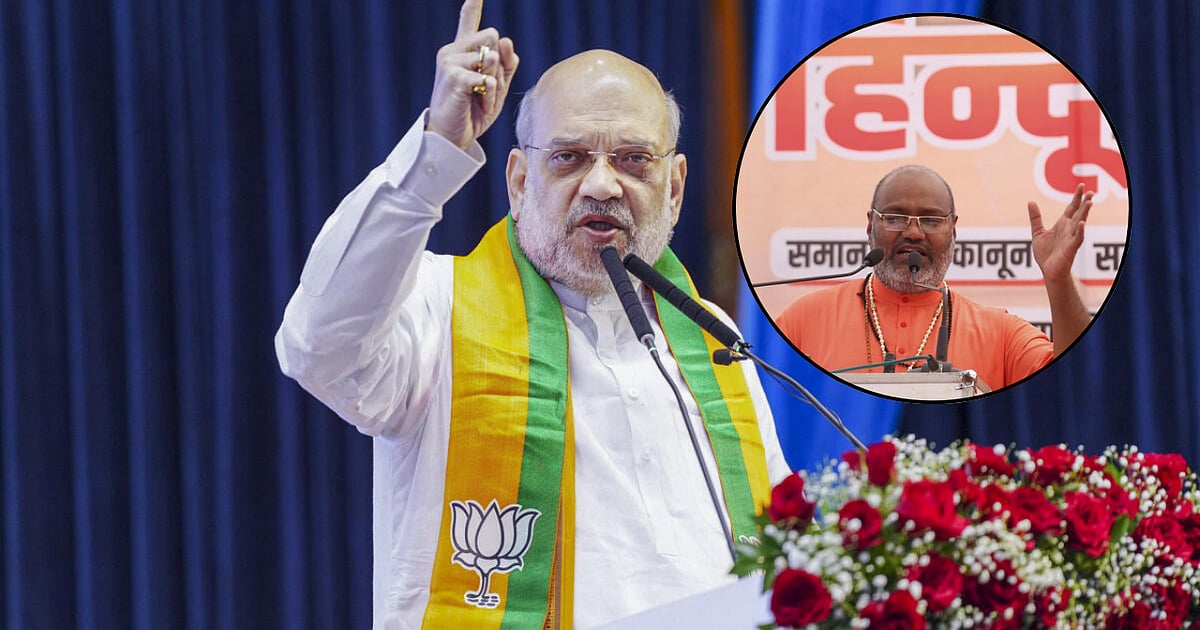 |
|
The recent call for action against Yati Narsinghanand, a Hindu religious leader, by Muslim organizations in Jammu and Kashmir highlights the ongoing tensions surrounding hate speech and religious freedom in India. The letter penned by these organizations addressed to Home Minister Amit Shah, expresses deep concern over the inflammatory rhetoric attributed to Yati Narsinghanand, accusing him of promoting religious intolerance and hatred. The letter strongly condemns the notion that freedom of speech grants the right to incite hatred and prejudice, emphasizing the importance of respecting the diverse religious fabric of India.
The call for action against Yati Narsinghanand underscores the sensitive nature of religious discourse in India. The country is home to a vast array of religious communities, each with its own beliefs and traditions. Maintaining harmony among these diverse groups is crucial for national stability and cohesion. However, recent years have witnessed an alarming increase in hate speech and religious intolerance, fueled by the rise of extremist ideologies and political polarization. The targeting of specific religious communities through inflammatory language, often disseminated through social media platforms, has created a climate of fear and insecurity.
The response to this issue has been mixed. While many voices have condemned hate speech and called for its eradication, there have also been instances where such rhetoric has been tolerated or even encouraged. The role of the government in addressing this issue is crucial. It has a responsibility to uphold the principles of equality and justice, ensuring that all citizens feel safe and secure in their religious practices and beliefs. Implementing stricter laws against hate speech and promoting interfaith dialogue are essential steps in combating this growing threat to social harmony and national unity.
Source: Jammu and Kashmir Muslim organizations urge Amit Shah to take action against Yati Narsinghanand
